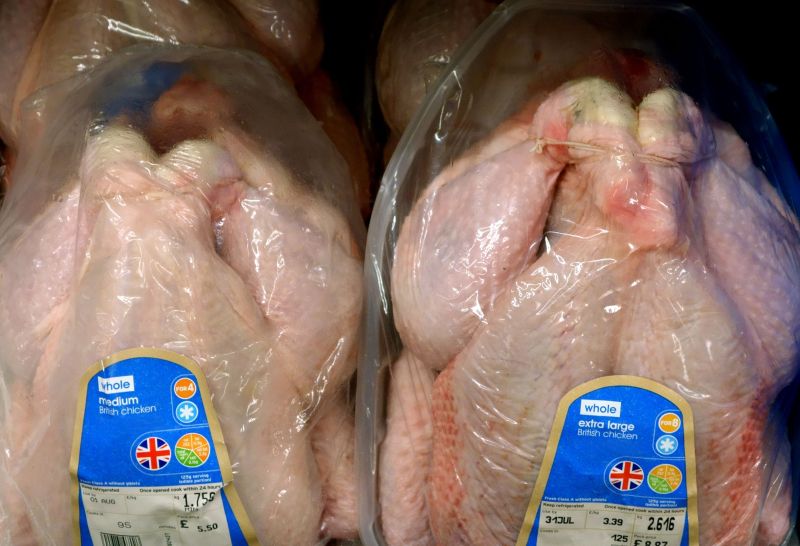Overseas buyers 'cancel' British meat orders due to Brexit

Overseas customers interested in British meat are now cancelling orders and buying their produce elsewhere due to the lack of clarity around Brexit.
The 'axe has already fallen' for some meat exporters despite Brexit being under a month away, the British Meat Processors Association (BMPA) has warned.
Its members are concerned that such cancellations will cause major disruptions to the supply chain and have severe financial consequences, who may struggle to win back lost business.
The BMPA have described how they have been 'inundated' with inquiries from exporters wanting information on what is going to happen with the current political situation.
Nick Allen, Chief Executive said: “Despite numerous crisis meetings with government officials, we are still no closer to getting definitive guidance on tariffs, certification and health marks that our members desperately need.
“Unfortunately, the disruption has already started and damage is already being done.”
Tariff uncertainty
The lack of clarity around Brexit is now causing orders to be cancelled and effectively closing-off once lucrative export markets to British firms.
Delays in announcing what tariff rates will apply in the event of a 'no-deal' Brexit mean that shipments to overseas markets that set off tariff-free will arrive at their destination after 29 March and be subject to an, as yet, undetermined tariff.
Those overseas customers have no way of knowing how much extra they will be required to pay.
The insurers that cover these consignments and facilitate the movement of goods between countries are refusing to indemnify against losses related to a 'no-deal', the BMPA said.
Health mark confusion
The organisation said that there is also confusion about which health mark should be used.
The health mark is the stamp that indicates which plant meat has been processed at and is a key factor in insuring traceability and provenance.
So far, no decision has been made by government over what this mark should be, and no formal acceptance of change of status as the UK ceases to be an EU member state has been received from major export markets.
The BMPA said that this means that there is a 'real danger' that any product that gets shipped bearing the wrong mark will be turned away at its destination.
Meat processors are now faced with the conundrum of buying animals to process without any understanding of what the market may look like post-Brexit.
Selling more to the UK market isn't an option, because most of the £1 billion worth of meat exported is made up of cuts that are popular overseas but not domestically.
Resignation
The warning follows the resignation of Defra's farming minister George Eustice after the Prime Minister promised to allow MPs a vote on extending the Brexit date.
His resignation comes after Theresa May's statement to parliament on 26 February, saying that the government has planned to hold the next meaningful vote on her Brexit deal by 12 March.
If it is defeated again, it will be followed by a vote on 13 March on leaving the EU with 'no deal'.
If this is rejected by MPs, a vote on 14 March will take place looking to extend the date the UK leaves the EU.








